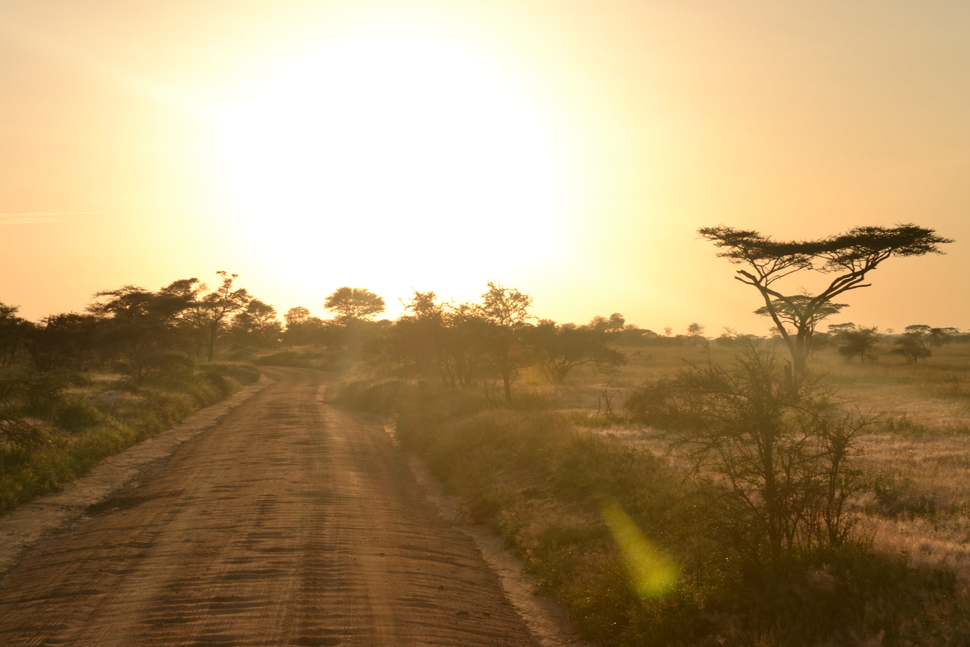We arrived in Bondo as two separate groups. Simone and Sybren would write a course
on greenhouse farming and construct a greenhouse. Esther, Nienke and Floortje’s
task was to design a water harvesting system and look for practical applications of a
rainwater harvesting system. However, during our first days we discovered this was
highly impractical. We decided to merge the two groups into one Bondo Greenhouse
group. Although, we did not know each other well, the cooperation went well from
the start. Having different study backgrounds and interests, dividing the tasks went
naturally. As an architect and a mechanical engineer, Sybren and Nienke were mainly
out in the field following the construction. As designers, Simone and Esther put a lot of
effort in the visuals and the documentation. Floortje focused on the documentation and
the design of the water harvesting system.
We all have strong opinions, so we took our time for discussions. We organized
brainstorm sessions and drew mind maps which slowed down the progress sometimes
but eventually led to better results. Our working mentality coincided, which enabled us
to accomplish more than we had expected on beforehand. We would work during the
day and in the evening we would meet up with friends from the University, play a game
or watch a movie. Working and living together made us get to know each other quickly.
We became friends and had a lot of fun together.
Cooperation with the farmers
Back in the Netherlands, an assessment was made of the presence and design of trust between local farmers and us. This trust was a prerequisite for a good cooperation. Farmers would not participate in the course or our greenhouse lease program without the presence of trust. YUTPA graphs were made to map solution spaces for the design of trust. The results of this can be found in the project plan. It was concluded that role, engagement and the duration of the engagement should be points of focus. We developed tactics to cope with these problematic areas. ‘Adapt to the habits of the farmers, for instance by waking up at the same time as the farmer, to buy food on the local market, to dress the same and to mix in their traditions and parties.’ Reading this back, these ideas seem ridiculous. We have come to the conclusion that these problematic areas are not so problematic after all. The difference in role even eases the cooperation. We played our role as TU Delft students by giving presentations and sharing our knowledge. Since the farmers respected our role, they were willing to listen to our ideas. After all, the cooperation with the farmers went smoothly and was much better than anticipated.
Cooperation Supervisors
We expected that things that take hours at home would take days in Kenya. Upon arrival we were met by Dr. Ndegwah, our supervisor. He explained to us that he was no expert on farming, but that he would be around to step by and make some jokes. For the sake of the project he was going to introduce us to more useful people. That is how we met Dr. Andika and Mr. Achuti. They had worked together with last years’ group and were fully aware of the purpose of our stay. They became the key partners in our project. We have worked together closely for the past three months and it has been a successful cooperation. Both men are committed, intelligent, funny and eager to help. They put in a lot of effort to make sure that things that would normally take days in Kenya, would only take hours now.
